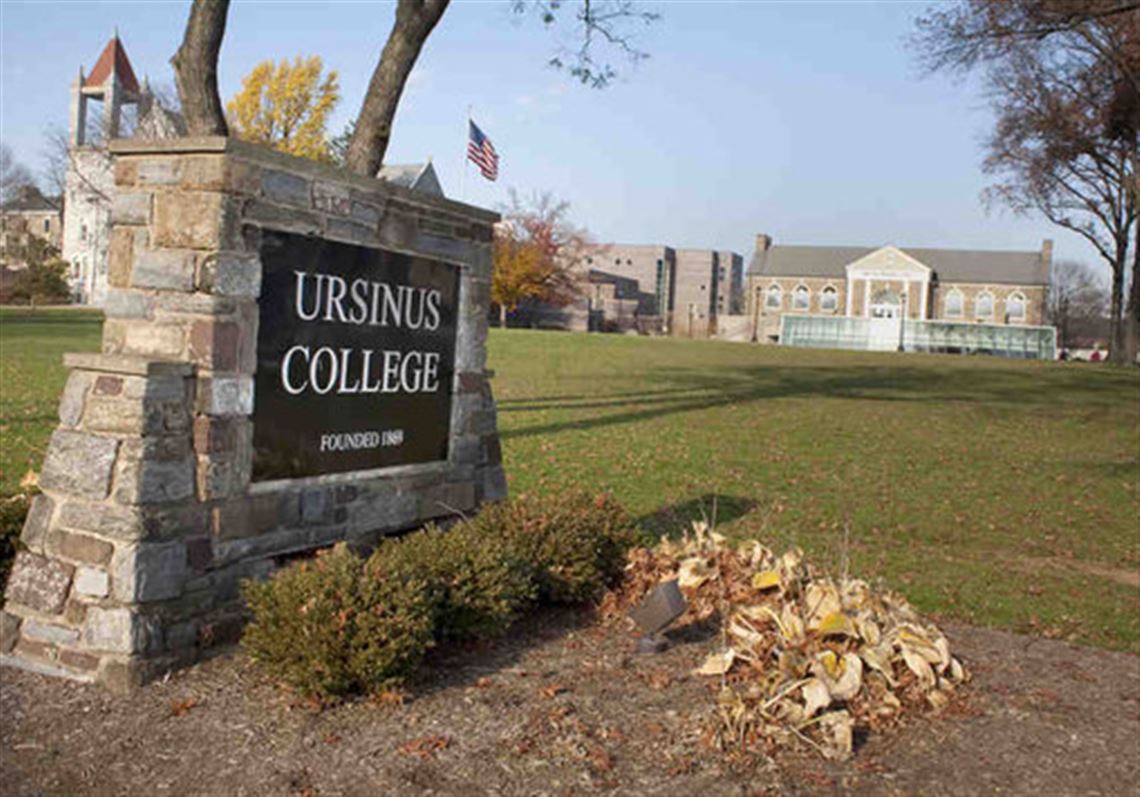
Dear Commons Community,
College leaders across the country have been debating for months whether or not to require vaccinations for faculty, staff and students in an effort to mitigate COVID -19.
Ursinus College is warning that while vaccinations are critical, they won’t be enough by themselves to prevent the more-transmissible Delta variant from running loose. A mathematical model developed at Ursinus, a residential campus of 1,500 students outside of Philadelphia, shows that even though administrators expect more than 90 percent of students to get vaccinated — under a mandate that allows for exemptions — that’s not enough to prevent an outbreak too big for the college to handle. As reported in The Chronicle of Higher Education.
“The main takeaway that I want people on small campuses to be aware of is that a high level of vaccination is essential, but a high level of absolute vaccination alone is probably not enough to guarantee that you’re not going to have significant infections on campus,” said Mark B. Schneider, Ursinus’ vice president for academic affairs and the physicist who built the model.
Of course, many colleges are doing much less than what Schneider recommends. Of the nearly 4,000 degree-granting institutions in America, The Chronicle has identified fewer than 700 that have a vaccine mandate for students or employees. Many experts recommend requiring vaccines as a baseline policy for the fall.
The problem is that college is a more contagious environment than most. Students live, play, and learn closely together. Schneider guessed that the coronavirus’s reproduction rate — the average number of people an infected person infects — is twice as high on a typical residential college campus as it is among the general public. And the Delta variant’s reproduction rate is already higher than the same number for previous versions of the coronavirus.
Schneider estimated a reproduction rate of 10 for the Delta variant on a college campus that takes no mitigation measures and where everybody is vulnerable to infection (in reality, every college campus will have at least some protected, vaccinated people). That’s a much higher rate than some other estimates, such as one posted recently by a pair of Yale University researchers. But in principle scientists agree that many typical college activities push campuses’ reproduction rates up.
Still, Ursinus is planning for a fully in-person fall, with athletics and no online or hybrid class options. Schneider and other administrators believe they can bring the campus reproduction rate below 1 with a combination of vaccination and other measures, including entry testing, weekly surveillance testing for unvaccinated students, and a mask mandate. A rate below 1 is critical to keep an outbreak from spreading exponentially, Schneider said. He emphasized that Ursinus’s exact Covid-19 policy may change as administrators learn more over the coming weeks.
In sum, the Delta variant is causing many colleges to rethink their policies for dealing with COVID for the coming academic semester.
Tony


